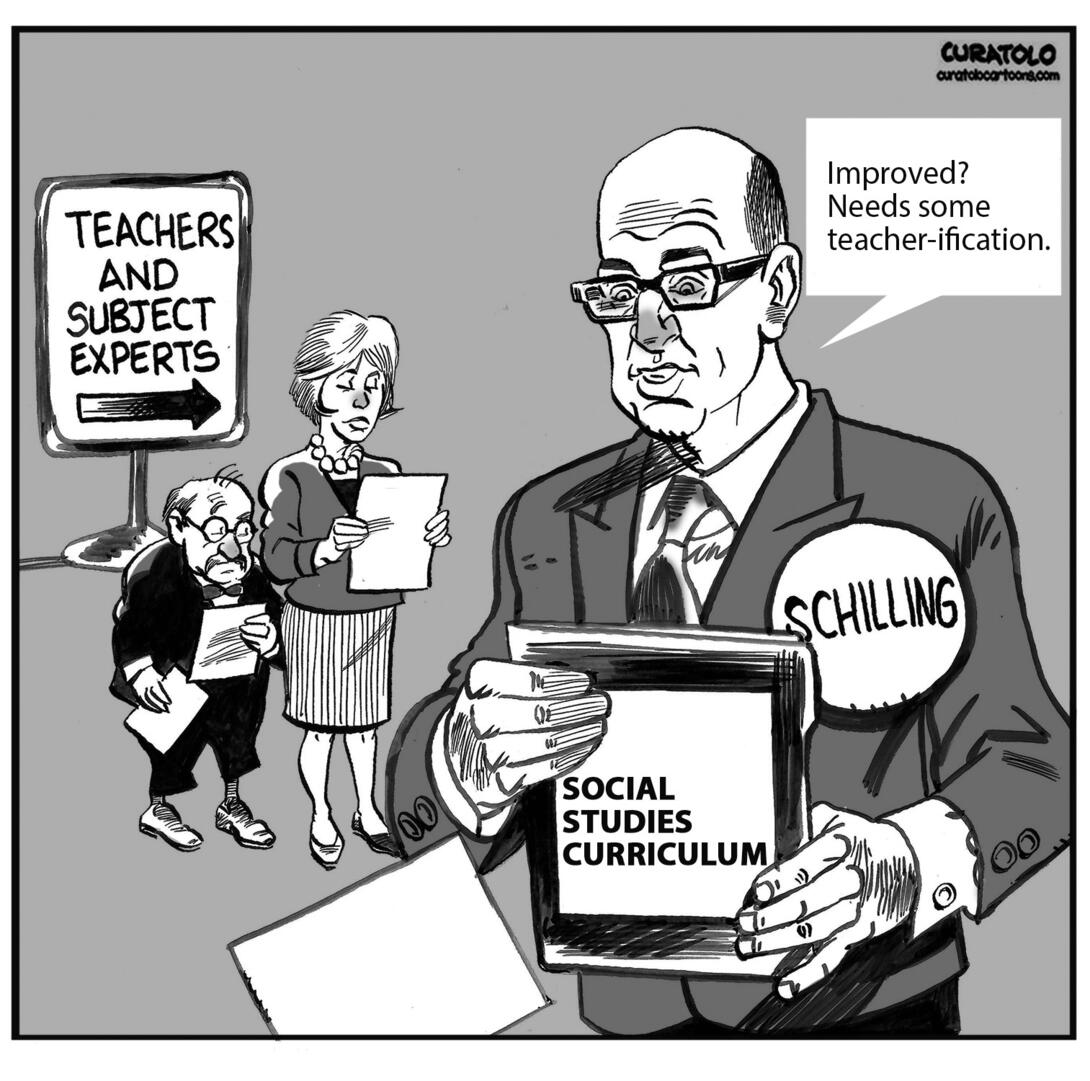The Alberta Teachers’ Association is sounding an alarm about the Alberta government’s newly released draft K–6 social studies curriculum, calling attention to what it calls inadequate consultation with teachers.
Although there have been some consultations, ATA president Jason Schilling says it’s just not enough.
“We have always maintained that teachers, who bring the curriculum to life every day in their classrooms, should be at the forefront of curriculum development,” he said. “While the ATA has been given the opportunity to react to this curriculum draft, teachers must be active participants in the process moving forward.”
Other groups have also raised major concerns with the new draft. Members of the curriculum consulting group employed by the government issued a statement reporting consistent disregard for the feedback they offered. The group posted an open letter online underscoring the absence of critical thinking opportunities and inadequate representation of diverse identities and cultures, particularly those of First Nations, Métis and Inuit.
“This draft curriculum is clearly different and already improved from the 2021 draft. However, we are deeply disappointed with this draft curriculum and concerned about the lack of transparency in the curriculum development process,” expressed the authors of the open letter.
“We urge the government to immediately convene a meeting of the key education partners to develop a protocol to restart the curriculum rewriting process.”
Another cutting critique of the draft appeared in the March 24 edition of the Edmonton Journal. Authored by curriculum experts at both the University of Alberta and University of Calgary, the article points to the draft’s failure to adequately prepare students for the demands of the 21st century, lacking in essential skill development, critical thinking opportunities and presenting biased perspectives.
“In every other Canadian province and territory, social studies curricula require students to develop a variety of skills .... In this curriculum, there are no building blocks for skill development,” the authors state.
“Despite lip service to critical thinking, over 95 per cent of outcomes target low-level thinking .... In a time when mis- and disinformation are rampant, critical thinking is indispensable, and this curriculum falls drastically short.”
During a press conference on March 14, Education Minister Demetrios Nicolaides defended the draft, citing extensive consultations involving over 300 teachers, Indigenous and francophone communities, and education experts.
“By taking these steps, I am confident that we are developing a social studies curriculum that meets the learning needs of all students and positions them for success,” Nicolaides said.
Schilling acknowledged some improvements, but stressed the need for thorough scrutiny.
“Recent consultations are an important step forward, but teachers are still much less involved in curriculum development as compared to the past,” Schilling said. “Teachers will be looking at this draft to ensure that students will not be overloaded with content and will be developmentally ready to learn those concepts.”
He emphasized the burden on teachers in implementing new curriculum across five subjects in the past three years and underscored the necessity of adequate support to prevent overload.
“Developing instruction for new curriculum is time-consuming and demanding work; we must be careful not to overload teachers and to ensure this work is supported,” he said.
The Association will be organizing various events to gather feedback on the draft curriculum. These include focus groups with K–6 teachers, a curriculum circle with experts in May and analysis of feedback received at teachers’ conventions. Recommendations for changes to the draft and suggestions for government engagement with the profession will follow. Members will be kept updated throughout the process. ❚
Three strikes
This draft is the third attempt to replace the two-decade-old social studies curriculum presently used in K–6 classrooms. This initiative follows criticism and rejection of both the 2018 version developed under the NDP government and the 2021 attempt by the UCP.



